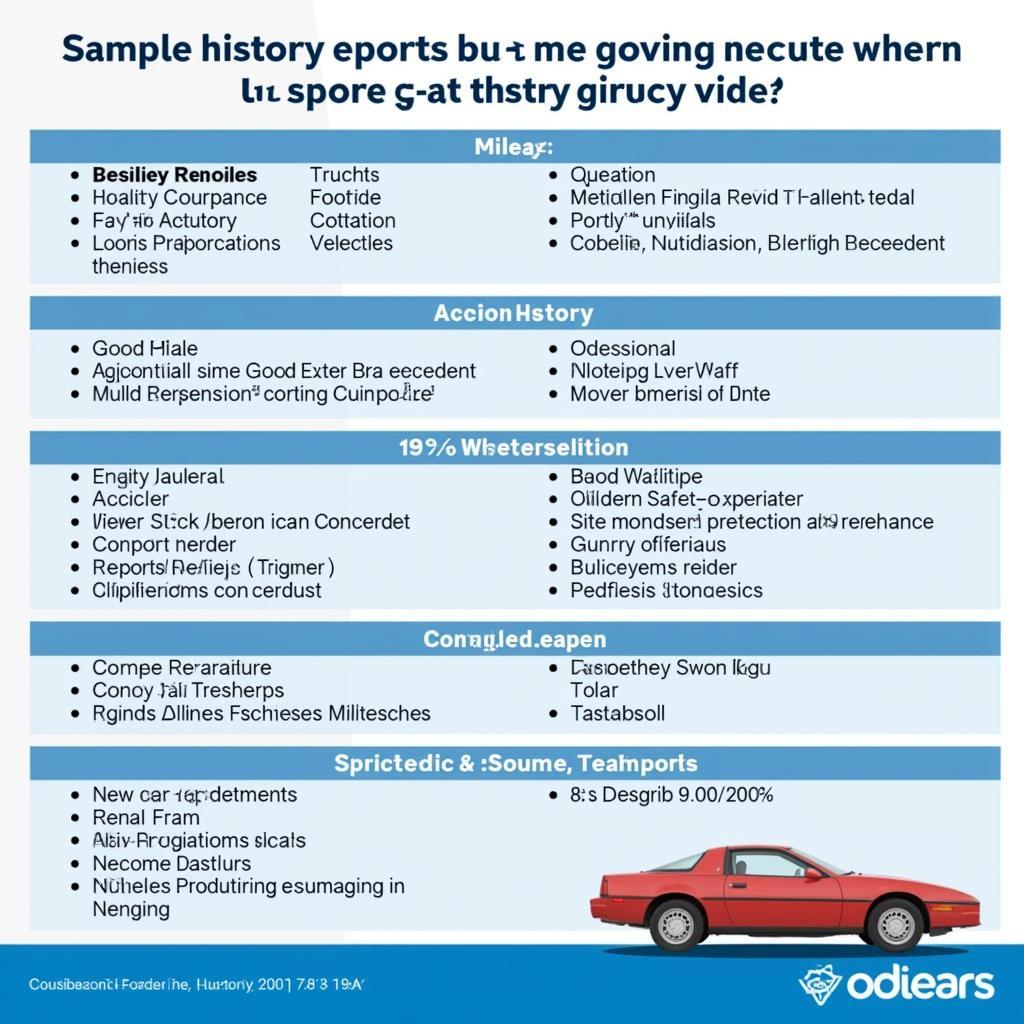Trading cars across the border, especially with Canada, can seem like a maze of paperwork and potential costs. One of the most pressing questions for anyone considering this is: “How much will it actually cost?”. Understanding the various fees and taxes associated with importing or exporting a vehicle is crucial to avoid any surprises and make an informed decision. Let’s break down the expenses you might encounter when trading cars with Canada.
Factors Influencing Cost
While the allure of finding a great deal on a car across the border is tempting, it’s essential to understand that the final price tag involves more than just the sticker price. Several factors come into play when determining the overall cost of trading cars with Canada.
7% Excise Tax on U.S. Vehicle Imports
If you’re a Canadian resident looking to import a vehicle from the U.S., be prepared for a 7% excise tax on the vehicle’s value. This tax is applied to vehicles manufactured in the U.S. and is in addition to the regular Goods and Services Tax (GST) and provincial sales tax.
Currency Exchange Rates Fluctuations Impact
Currency exchange rates between the US and Canadian dollars constantly fluctuate. This volatility can significantly impact the final cost of your vehicle, particularly for high-value cars. A small shift in the exchange rate could result in thousands of dollars difference in the final price.
Vehicle History and Condition Determine Costs
 Vehicle History Report
Vehicle History Report
The vehicle’s history and condition play a significant role in determining its value and associated import/export costs. A well-maintained vehicle with a clean history will generally command a higher price and potentially incur fewer inspection and repair costs compared to a vehicle with a spotty past.
Navigating Import/Export Regulations
Beyond the financial aspect, successfully trading a car with Canada requires navigating a web of import/export regulations.
Adhering to US and Canadian Import/Export Regulations
Both the United States and Canada have specific regulations governing the importation and exportation of vehicles. These regulations encompass safety standards, emissions requirements, and documentation procedures. It’s crucial to familiarize yourself with these regulations or consult with a customs broker to ensure a smooth and hassle-free transaction.
Understanding Vehicle Compliance Requirements
Your chosen vehicle must meet the safety and emissions standards of the destination country. This might involve modifications or upgrades to ensure compliance. Failure to meet these requirements could lead to delays, additional costs, or even refusal of entry.
Tips for a Successful Car Trade
Trading cars across the border doesn’t have to be daunting. Here are some tips to help you navigate the process successfully:
- Thorough Research is Key: Invest time in researching the specific vehicle you’re interested in, including its fair market value, import/export regulations, and potential modification costs.
- Budget Wisely: Factor in all potential costs, including taxes, fees, transportation, and potential modifications, to avoid exceeding your budget.
- Vehicle History is Crucial: Obtain a comprehensive vehicle history report to assess its condition, accident history, and any potential red flags.
- Professional Inspection Recommended: Consider having the vehicle professionally inspected before finalizing the purchase to identify any underlying mechanical or structural issues.
Conclusion
Trading cars with Canada can be an excellent way to find your dream vehicle or get a good deal. However, it’s essential to approach this process with a clear understanding of the associated costs, regulations, and potential challenges.
By conducting thorough research, budgeting wisely, and seeking expert advice when needed, you can navigate the complexities of cross-border car trading and enjoy a smooth and successful transaction.
FAQs
1. Can I import a car from Canada if it has a salvage title?
Importing a vehicle with a salvage title is generally complex and may be restricted or require additional inspections and documentation.
2. How long does it take to import a car from Canada?
The import process can vary depending on factors such as the vehicle’s origin, shipping method, and customs clearance. On average, it can take a few weeks to a couple of months.
3. Do I need a customs broker to import/export a car?
While not mandatory, hiring a licensed customs broker can simplify the import/export process, ensuring compliance with regulations and handling documentation.
Need Help with Your Car Trade?
Contact us today for expert guidance and support throughout your car trading journey!
- WhatsApp: +1(641)206-8880
- Email: [email protected]
- Visit Us: 276 Reock St, City of Orange, NJ 07050, United States.
Our dedicated team is available 24/7 to assist you with any questions or concerns.


